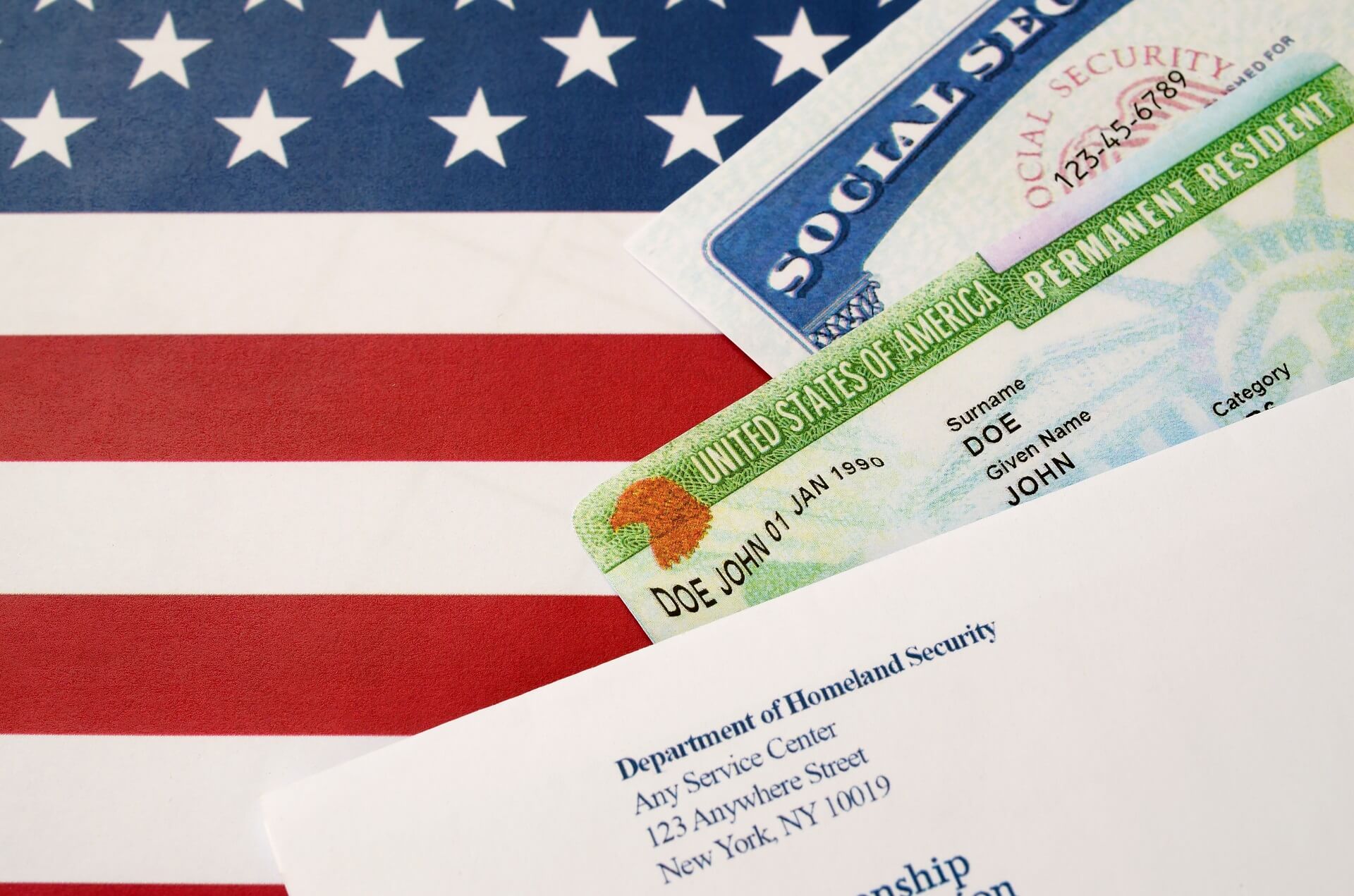Employment Based Immigration Visas
Employment based immigration visas, or Green Cards, allow migrants to gain lawful permanent residence in the US in order to engage in skilled work. There are two ways to obtain a US Green Card: one way is through a family member. The other way is to obtain an employment based Green Card (you can also try for the annual Green Card diversity lottery).
Every fiscal year (October 1st – September 30th), approximately 140,000 employment-based immigrant visas are made available to qualified applicants under the provisions of U.S. immigration law. Employment based immigrant visas are divided into five preference categories. Certain spouses and children may accompany or follow-to-join employment-based immigrants.
Labor certification and filing a petition are the first steps toward getting an immigrant visa.
To be considered for an immigrant visa in one of the employment-based categories below, the applicant’s future employer or agent must first get approval from the Department of Labor for a labour certification. Once received (if needed), the employer then files Form I-140, Immigrant Petition for Alien Worker, with the U.S. Citizenship and Immigration Services (USCIS) for the right employment-based preference category.
(Note: People in the Employment First preference category who have extraordinary skills can file their own petitions.) See the detailed instructions for the Immigrant Petition for Alien Worker, Form I-140, as well as more information about what you need to do, on the USCIS Permanent Workers page.
There are five preference-based Employment-Based (EB) visas/green cards that grant permanent residency in the United States.
Employment-based nonimmigrant visas, such as the H-1B, L-1, and P visas, may lead to an EB-type green card.
The Five Employment-Based Visa Types: EB Green Cards
EB-1 Visa / Green Card : Outstanding Capabilities
The EB-1 visa is a first-preference employment-based visa designed for foreign nationals with exceptional aptitude in their area. Science, the arts, education, business, and sports may all qualify as qualifying fields. “Sustained national or international recognition” constitutes proof of great accomplishments.
There are three main categories of Eb-1 visas:
EB-1a visa: Green card for individuals with Extraordinary Abilities.
Green card for a distinguished professor or researcher.
Managers or Executives of international corporations are eligible for an EB-1c visa.
EB-1 Visa Overview of the Requirements and Application Process
The EB-1 is viewed as highly attractive because to its current priority dates. The EB-1 classification does not require a PERM Application or Labor Certification from the Department of Labor to ensure that no suitable workers are available to fill the employment.
Green Card EB-2: Advanced Degree or Extraordinary Ability
The EB-2 visa is an employment-based visa with second preference. It is normally reserved for graduates with a graduate degree or foreign nationals with extraordinary skill in their field of expertise.
EB-2 National Interest Waiver (NIW) is an alternative option that does not require the PERM or Labor Certification processes. This expedites applications for those who can demonstrate that their expertise is in the national interest of the United States.
EB-2 Visa Prerequisites and Application Method
Entrepreneurs may consider the EB-2 NIW as a potential alternative for obtaining permanent status.
EB-3 Visa / Green Card: Professional, Skilled, and Other Workers
The EB-3 visa is an employment-based third preference green card for skilled, professional, and other employees. EB-3 visa standards are somewhat less severe than those for EB-1 and EB-2 visas; thus, the wait time is frequently longer.
Two years of education, experience, or job-related training (sometimes relevant post-secondary education).
Professional: Bachelor’s degree or its equivalent; Other/Unskilled: fewer than two years of training or experience in some situations.
(Excludes temporary and seasonal employment.)
EB-3 Visa Prerequisites and Application Method
Approximately forty thousand EB-3 visas are granted annually by USCIS, and the business must complete the PERM labour certification process.
EB-4 Visa / Green Card: Special Immigrants
The EB-4 visa is a green card for extraordinary immigrants depending on their employment. It is intended for immigrants whose circumstances do not suit the other categories. The Eb-4 visa is frequently granted to religious workers, although it also applies to the Armed Forces and physicians.
Each year, 10,000 EB-4 visas are granted.
EB-5 Visa / Green Card: Investors
The EB-5 visa is a green card based on employment for foreign investors with substantial funds to invest in a U.S. company. Among the choices for EB-5 investments are new companies and failed companies.
Numerous investment opportunities satisfy the USCIS’s requirements for approval in a variety of sectors and industries. Hotels, restaurants, casinos, and stadiums are included.
Requirements for an EB-5 Visa and Application Procedure
The EB-5 Investor Visa is typically expedited and does not require a PERM Application/Labor Certification. A desirable path for foreign nationals with substantial assets to get permanent status.
Invest in the United States and Bypass the Seventy-Year Delay
Immediate family members (spouse and unmarried children under 21) may apply separately to remain in the United States. In addition, they may be permitted to study or work if they successfully apply for an EAD: Employment Authorization Document.
Read More! Immigration and Visa to Canada

